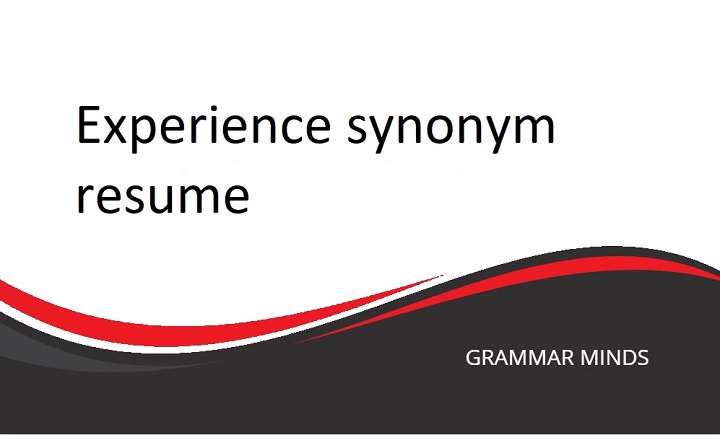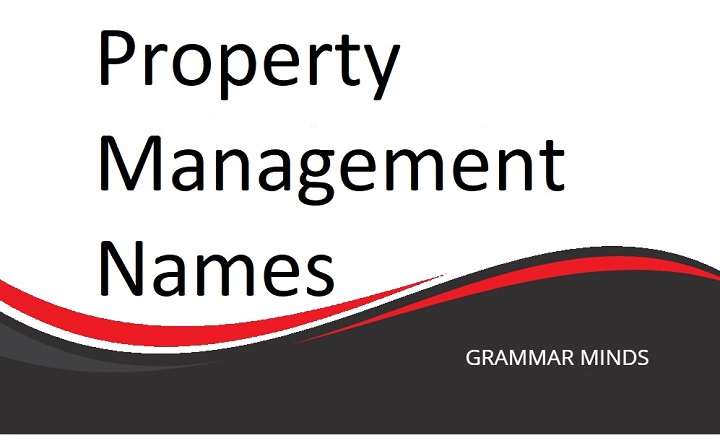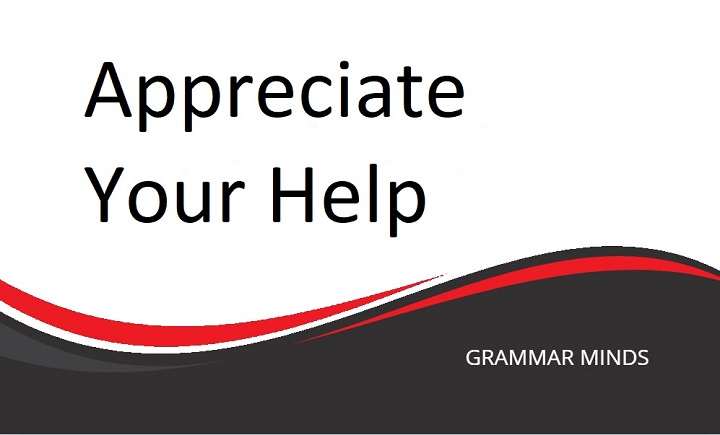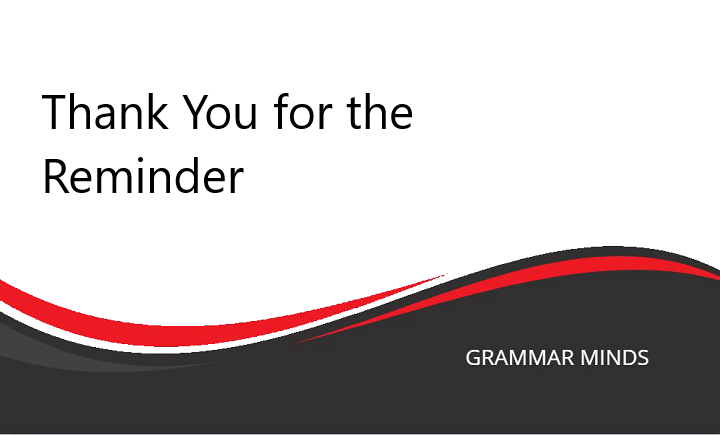Are you tired of using the word “experience” over and over again on your resume? Does it seem like your resume is too repetitive, making it difficult to stand out? If so, you’re not alone! Many job seekers face this challenge. While “experience” is a standard and grammatically correct term, using it repeatedly can make your resume feel redundant and less engaging.
The good news? There are plenty of synonyms and alternative phrases that can help you present your skills and background in a fresh, dynamic way. By varying your word choices, you can emphasize different aspects of your professional history and make a stronger impression on potential employers.
Let’s dive into some of the best alternatives to “experience” that will elevate your resume and make your qualifications pop.
Do You Find Yourself Using the Phrase “Experience” Repeatedly?
If you’re in the process of writing or updating your resume, you’ve likely noticed how frequently the word “experience” comes up. Whether you’re listing previous job roles, highlighting specific skills, or detailing responsibilities, “experience” seems like the go-to word. But overusing it can make your resume sound repetitive and uninspired.
Have You Grown Tired of This Repetitive Expression When Communicating in Your Professional Life?
Yes, “experience” is a powerful and necessary word in the professional world. But if you’re looking to freshen up your language and make a greater impact, it’s worth exploring synonyms and alternative phrases. These alternatives can help you convey the depth of your abilities while showcasing a more varied vocabulary, which can appeal to hiring managers and recruiters.
Don’t worry! We’ve compiled a handy list of alternative phrases that you can use to mix things up and sound more varied in your conversations and on your resume.
Other Ways to Say “Experience”
Here are 10 powerful alternatives to the word “experience” that will help make your resume more dynamic:
- Expertise
- Background
- Proficiency
- Competence
- Accomplishments
- Knowledge
- Track Record
- Skills
- Exposure
- Career History
Key Notes
“Experience” is grammatically correct and suitable for both formal and informal situations, especially when discussing your work history or relevant skills. However, using it repeatedly can sometimes feel monotonous. This is especially true on a resume, where standing out is crucial.
You can use “Expertise” for more formal situations, especially in resumes or professional conversations. It conveys a higher level of mastery in a given field. “Background” is a great alternative for both formal and informal conversations, especially when discussing your work history or educational qualifications.
Keep reading to discover how to use these phrases in both formal and informal situations, and see real-life examples of how they can be applied.
Expertise
Usage:
If you’re looking for a more polished and professional way to say “experience,” try using “expertise.” This alternative conveys a sense of specialized knowledge or skill, making it ideal for resumes and formal settings like interviews.
Example (in a resume):
- Demonstrated expertise in project management, consistently delivering projects on time and within budget.
- Developed expertise in digital marketing strategies over a 5-year career.
Example (in an email):
Dear Mr. Johnson,
Thank you for the opportunity to apply for the position. My expertise in data analysis and team leadership would allow me to contribute significantly to your company’s goals.
Best regards,
Your Name
Background
Usage:
“Background” is a versatile alternative to “experience” that works well in both formal and informal contexts. This word helps to highlight your work history, education, or knowledge in a particular area.
Example (in a resume):
- With a background in software development, I have led multiple successful application launches.
- Extensive background in customer service, with a focus on client satisfaction.
Example (in conversation):
Hey John,
I’ve been working in finance for over 10 years now. With my background, I think I can help you with that investment strategy.
Proficiency
Usage:
“Proficiency” is an excellent way to describe your level of skill or expertise in a particular area. It is perfect for formal settings like job interviews or resume summaries.
Example (in a resume):
- Proficient in using SQL databases to streamline data management processes.
- Demonstrated proficiency in team leadership and organizational planning.
Example (in conversation):
I’m proficient in Excel and other data analysis tools, so I can help clean up that spreadsheet for you.
Competence
Usage:
“Competence” is another strong alternative to “experience,” particularly when you want to emphasize your ability to do something well. It’s a great option for formal situations like resumes or cover letters.
Example (in a resume):
- Proven competence in managing cross-functional teams to achieve company objectives.
- Demonstrated competence in sales, consistently exceeding targets.
Example (in an email):
Dear Ms. Davis,
My competence in conflict resolution and client management has led to successful outcomes in my previous roles, and I look forward to contributing these skills to your team.
Best regards,
Your Name
Accomplishments
Usage:
When you want to focus on the outcomes of your work rather than just the time spent in a role, “accomplishments” is an excellent word choice. This term helps highlight specific achievements and results.
Example (in a resume):
- Key accomplishments include increasing annual sales by 15% and reducing overhead by 10%.
- Led multiple projects with significant accomplishments, including launching a new product line.
Example (in conversation):
I’m really proud of my accomplishments in my previous role. We managed to cut costs while boosting productivity.
Knowledge
Usage:
When discussing theoretical or practical understanding, “knowledge” can be a great substitute for “experience.” It suggests you possess important information or insight, ideal for both formal and informal situations.
Example (in a resume):
- Comprehensive knowledge of Python programming and data analysis techniques.
- Deep knowledge of supply chain management and logistics.
Example (in conversation):
I have a lot of knowledge in market research, so if you need any help with that, let me know!
Track Record
Usage:
If you want to emphasize a history of success in your professional life, “track record” is a great alternative. It highlights a consistent pattern of achievements.
Example (in a resume):
- Strong track record of increasing customer retention through targeted marketing campaigns.
- Established a track record of innovation in product development and process improvements.
Skills
Usage:
“Skills” is a commonly used synonym for “experience” and focuses on your abilities. It is particularly useful for resumes when listing specific competencies.
Example (in a resume):
- Strong problem-solving skills, with a focus on technical solutions.
- Excellent communication skills, both verbal and written.
Exposure
Usage:
“Exposure” suggests that you have been introduced to or have gained familiarity with a certain field or practice, even if it’s not extensive.
Example (in a resume):
- Gained exposure to financial modeling and forecasting during my internship at XYZ Company.
- Exposure to various project management tools, including Asana and Trello.
Career History
Usage:
“Career history” is an alternative that encompasses your overall professional journey. This is great for summarizing your work life in a more holistic manner.
Example (in a resume):
- Extensive career history in the IT sector, with expertise in software development and system architecture.
Is It Correct to Say “Experience”?
Yes! “Experience” is grammatically correct and suitable for both formal and informal settings. It’s a versatile phrase that can be used in professional emails, conversations with colleagues, or casual chats with friends.
That being said, using synonyms like the ones we’ve listed above will help you mix up your language and sound more varied in your communication.
You can also try slight variations of this phrase, like the following:
- Professional background
- Work history
- Expertise in
Also Read
Synonyms for “Let Me Know”: A Comprehensive Guide to Diversifying Your Communication
In conclusion, “experience” is a perfectly acceptable and grammatically correct phrase for describing your work or skills, whether you’re using it in a formal or informal setting. However, the alternative phrases provided in this article will help you diversify your vocabulary, making your resume more engaging and tailored to different contexts. By using synonyms like “expertise,” “competence,” or “accomplishments,” you can better highlight your strengths and capture the attention of hiring managers.






